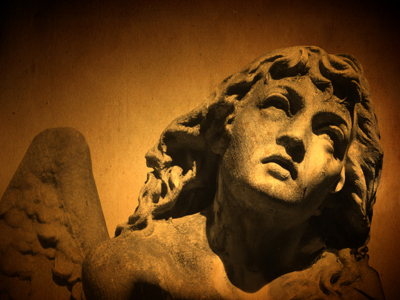
World War One: 1890-14 - The Events Of The Summer Of 1914
When studying GCSE History students will be taught about World War One and one part of this topic is the build up to the war. This is the second of two quizzes on that subject, focussing in particular on the events of the summer of 1914.
The crisis which unfolded in the summer of 1914 proved to be the one set of events that led to outright warfare involving all the main European powers. It started in a familiar cauldron of tension - namely the Balkans - and then drew in nations from all corners of the world.
Find out how the events of the summer of 1914 led to World War One in this enlightening quiz.
Ready for more?
not all...
quizzers. Try to win a coveted spot on our Hall of Fame Page.







